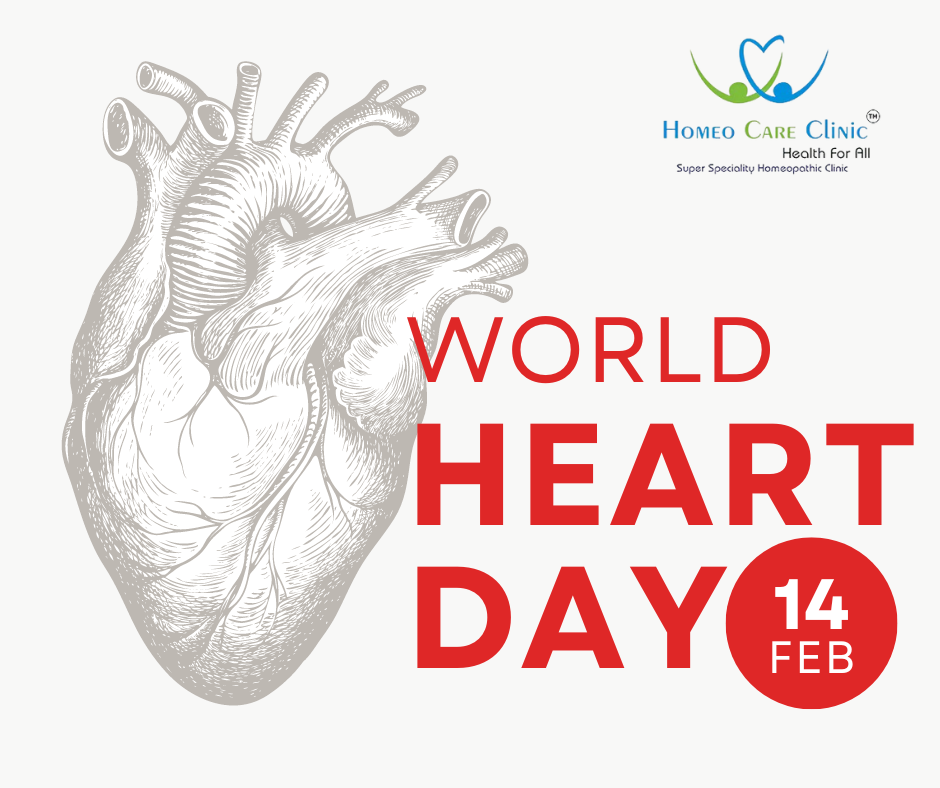INTRODUCTION :
Congenital Heart Defect (CHD) Awareness Week is an annual observance aimed at raising awareness about congenital heart defects, which are structural abnormalities present at birth in the heart’s chambers, valves, or blood vessels. This awareness week typically takes place in February i.e. 7 February to 14 February and serves to educate the public about CHDs, their impact on individuals and families, and the importance of early detection and treatment.
CAUSES :
- Genetic Factors: Some CHDs have a genetic component, meaning they can run in families.
- Environmental Factors: Exposure to certain substances during pregnancy, such as medications, drugs, or infections, may contribute to the development of CHDs.
- Chromosomal Abnormalities: Conditions like Down syndrome can increase the risk of congenital heart defects.
- Maternal Health: Poor maternal health, including uncontrolled diabetes or obesity during pregnancy, may play a role.
- Unknown Causes: In many cases, the exact cause remains unknown.
SIGNS AND SYMPTOMS:
The signs and symptoms of CHD can vary widely depending on the type and severity of the defect. Common indicators include:
- Cyanosis: Bluish tint to the skin, lips, and nails due to inadequate oxygen supply.
- Rapid Breathing or Difficulty Breathing: Especially during feeding or physical activity.
- Fatigue: Easily tiring during activities that other children handle well.
- Poor Weight Gain: Difficulty gaining weight and growing at the expected rate.
- Swelling: Fluid retention leading to swelling in the legs, abdomen, or areas around the eyes.
- Heart Murmurs: Unusual sounds during a heartbeat, often detected by a healthcare provider.
- Recurrent Respiratory Infections: Frequent respiratory infections may be a sign of an underlying heart issue.
Early diagnosis and intervention are crucial for improving outcomes in individuals with congenital heart defects. Regular prenatal care, screenings, and advances in medical technology have improved the detection and management of CHDs. Awareness campaigns like Congenital Heart Defect Awareness Week play a vital role in promoting understanding, support, and advocacy for those affected by these conditions.
HOMEOPATHIC APPROACH TO CONGENITAL HEART DEFECT :
Homeopathy is a holistic approach that believes in treating individuals based on their unique symptoms and overall well-being. In the context of congenital heart defect awareness week, a homeopathic practitioner might consider various factors, such as physical symptoms, mental and emotional states, and lifestyle. Majorly, it considers the emotional and cerebral aspects of the person. It not only works on diseased conditions but aims to cure the case as a whole.
HOMOEOPATHIC MEDICINES FOR CONGENITAL HEART DEFECT:
It’s important to emphasize that homeopathic remedies are highly individualized and should be prescribed by a qualified homeopath based on a thorough assessment of the person’s overall health and symptoms.
- Crataegus oxyacantha (Hawthorn):
– Cardiac tonic: Often used to support the heart’s function.
– Symptoms: Weak heart, irregular heartbeat.
- Digitalis purpurea (Digitalis):
– Cardiac stimulant: This may be considered for a weak heart with a slow pulse.
– Symptoms: Cyanosis, difficulty breathing, palpitations.
- Convallaria majalis (Lily of the Valley):
– Cardiac remedy: Used for heart conditions with palpitations.
– Symptoms: Weakness, fainting spells.
- Cactus grandiflorus (Night-Blooming Cactus):
– Cardiac regulator: Considered for conditions affecting the heart.
– Symptoms: Constriction or tightness in the chest.
- Lachesis muta (Bushmaster Snake Venom):
– Circulatory remedy: May be considered for circulation issues.
– Symptoms: Palpitations, difficulty breathing, cyanosis.
CONCLUSION:
It’s important to reiterate that homeopathic remedies should be specified by a good homeopath after a thorough evaluation of the existent’s symptoms, medical history, and overall health. Dr Vaseem Choudhary’s “ Homoeo Care Clinic” is known for furnishing treatment for congenital heart defects through a holistic approach.







